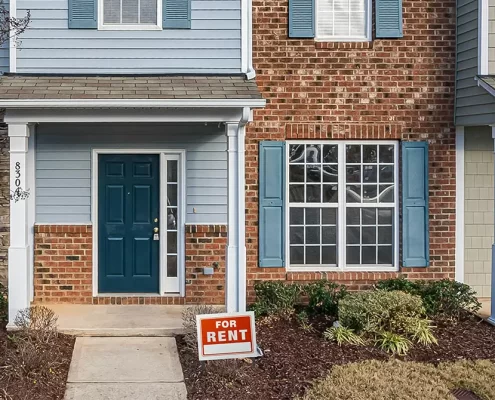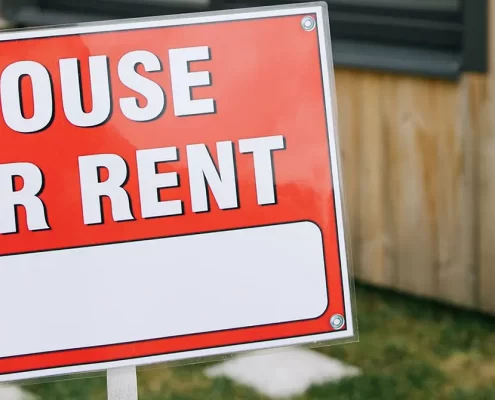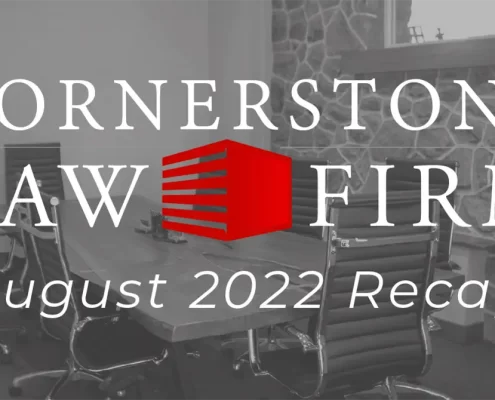
Can landlords garnish wages in Pennsylvania?
Landlord/Tenant, Real EstatePennsylvania allows landlords to garnish wages from their tenants in certain circumstances. There are limitations set by both state and federal law. Wage garnishment can help landlords to collect money from legal judgments as long as they stay…

Foreclosure and Rent-to-Own Agreements
Civil Law, Landlord/Tenant, Property, Real EstateRent-to-Own Agreements have become more popular in Pennsylvania in the last several years as an alternative method of financing for buyers who are unable to get traditional mortgages. Sellers sometimes offer these agreements as a way to obtain…

Short-term Rentals & Long-term Headaches
Business Law, Landlord/Tenant, PropertyHaving a side hustle is becoming more and more popular by the day, and many people sure could use some extra income. This is why companies like Airbnb and VRBO have become so profitable. If you can take a current asset like your house and use…

Legal Things to Know Before Investing in Rental Properties
Berks County, Landlord/Tenant, PropertyWith the rise of the DIY movement and the expansion of the mobile workforce in the U.S., investors are clambering to purchase rental properties. Whether they are rehabbing and flipping properties or buying them and turning them into rentals,…

August 2022 Review
Berks County, Business Law, Criminal Law, Divorce, Family Law, Landlord/Tenant, Personal Injury, UpdatesThis month the attorneys at Cornerstone Law Firm have been busy with:
landlord/tenant actions all over the state
personal injury cases that are settling and going to court
insurance disputes
contractor fights
a trade secrets…

Attorney Crossett Wins Landlord Tenant Trial in Dauphin County
Landlord/Tenant, Updates
This month, Attorney Crossett successfully prosecuted a landlord tenant case in Dauphin County, Pennsylvania and finalized the eviction of a tenant who had refused to pay rent and threatened other tenants. Because every county has their own…

Cornerstone Law Firm in the Greater Reading Merchandiser
Business Law, Landlord/Tenant, Lawsuit, Personal Injury, Property, Updates, Wills
Cornerstone Law Firm is honored to serve the Berks County, Pennsylvania and beyond. We're happy to solve your legal problems, even through the uncertainty and stress of the current coronavirus (COVID-19).
In this month's Greater Reading…
